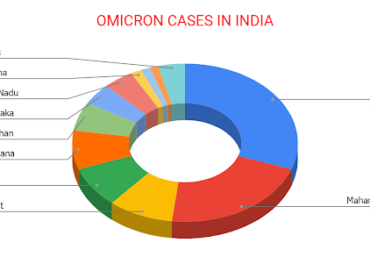Think of clinical trials and you will instantly imagine it to be a Randomised Clinical Trial(RCT) involving a group of people, large or small, belonging to a particular ethnicity, gender, age group etc. However, with medicine moving towards personalisation, the conventional clinical trials are being called ‘imprecision medicine’ as a large number of patients using new drugs as part of their trials do not benefit from it and the results are not as precise as expected. With the world of healthcare shifting focus towards personalising medicine and providing custom-made treatment plans for patients, the N-of-1 trials are the new kid on the block!
N-of-1 clinical trials are studies that focus on a single person. This means that instead of trying one drug on a large group of people suffering from a condition to see if it benefitting them, N-of-1 trials focus on the collection of treatment and response data from a single patient and determine the most effective drug for the treatment of the individual. This new method of drug trial is gaining appreciation due to the great response of the patients to various treatments and how the results are varying among different patients. The N-of-1 trials are also useful to estimate the proportion of patients who are responding to a new drug or molecule and, this can help plan a larger clinical trial by providing an approximate sample size, inclusion criteria, dosage requirements etc.
N-of-1 clinical trials are not only useful in drug development but also to researchers and physicians to help determine the onset and progress of a particular disease. Though there are many hurdles and limitations in personalised medicine today, the benefits of N-of-1 clinical trials outweigh these limitations in the long run.










